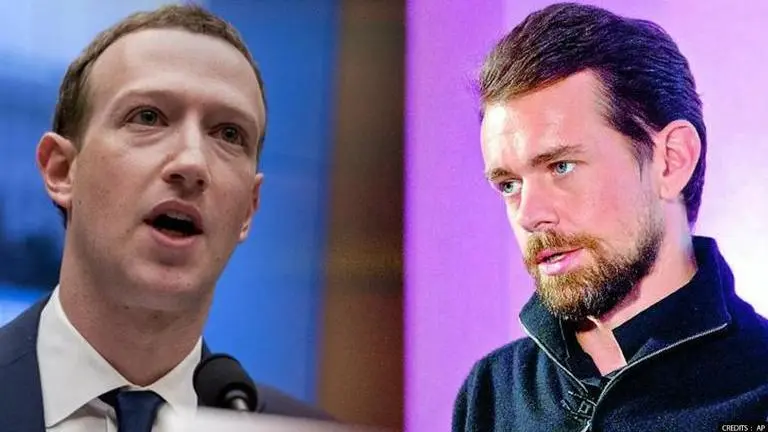Updated 29 June 2021 at 07:28 IST
Russia files charges against tech cos including Facebook, Twitter for not deleting content
Russia filed further charges against Facebook, Google, Telegram, and Twitter on Monday, alleging that they failed to remove content that was deemed illegal.
- World News
- 2 min read

On Monday, Russia filed additional charges against Facebook, Google, Telegram and Twitter, charging that they failed to remove content that was deemed illegal, according to the Russian news agency. Moscow has taken moves in recent months to control and limit the dominance of social media and technological behemoths, imposing a series of penalties and service slowdowns in the process, which the Kremlin claims is necessary to avoid foreign intervention in Russian affairs. Requests for comment on the reported allegations were not immediately returned by Facebook, Google, Telegram, or Twitter.
Russia files charges against Big Tech
According to reports, three administrative accusations connected to a failure to remove content were filed against Alphabet's Google at Moscow's Tagansky District Court, with the tech giant facing a total fine of 12 million roubles ($166,210). Last month, Google was fined for postings that Moscow claims encouraged children to participate in unofficial rallies in January, when Russians flocked to the streets to support Kremlin critic Alexei Navalny after he was jailed.
Telegram, a messaging service, is also facing three charges and a fine of up to 16 million roubles, according to reports. Two charges have been filed against Facebook and Twitter, both of which have been subject to a penalty slowdown in Russia since March. A maximum fine of 8 million roubles awaits each of them.
Russia has already imposed a penalty on Twitter for failing to remove banned content, as part of an effort by Moscow to rein in Western Internet companies and strengthen its digital "sovereignty." In May 2021, Russia's communications regulator warned Google to remove "prohibited content" or face punishment, warning that Moscow may eventually block down the company's traffic in the nation.
Advertisement
Russia Cybersecurity
Russia's new internet restrictions went into effect in 2019, and Kremlin spokesman Dmitry Peskov stated that Russian structures, including the Russian presidential website, have regularly experienced cyber attacks from the US and Europe on a regular basis, according to a Russian news agency. In the run-up to the 2018 midterm elections, he claimed that the US military launched a cyber attack against Russia's Internet Research Agency.
Picture Credit: AP
Advertisement
Published By : Srishti Goel
Published On: 29 June 2021 at 07:28 IST
